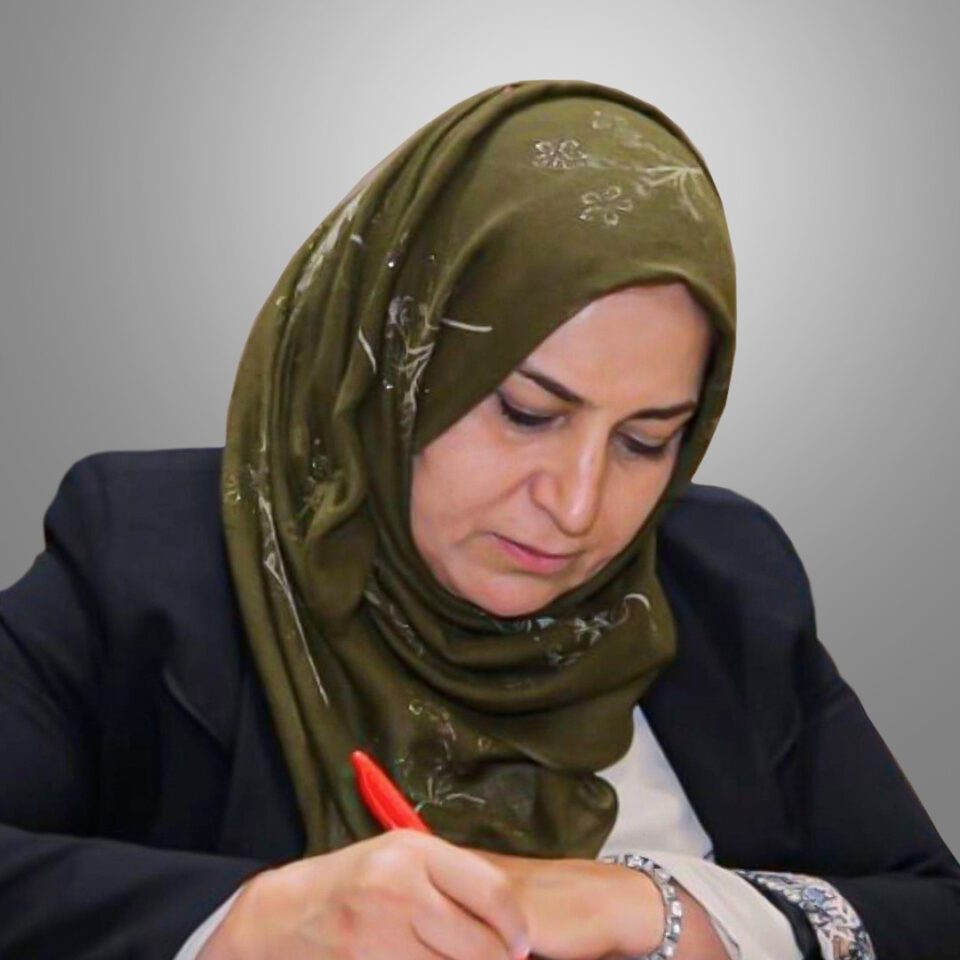By | Dr. Nazaket Hussen
Experts in the sociology of war often describe war as one of the worst human enterprises. Yet, while the decision to go to war may seem straightforward, navigating the aftermath and fostering positive outcomes is far more complex.
Not every war yields positive results. Wars often bring both positive and negative consequences, and the Middle East has experienced profound and rapid changes in a short span of time. Many of the challenges and conflicts remain unresolved. What is urgently needed is the creation of a safe environment where people can breathe, recover, and rebuild. However, achieving this is far from easy, as the root causes of many conflicts persist.
The wars in the Middle East are not merely about territorial conquest or the defeat of a people. They are battles of ideology and perception, with each side convinced of its own truth. Even if current conflicts are subdued by force or discipline, these tensions may reignite in the future. This is particularly true given the chronic nature of these wars and the historical grievances that have sown deep-seated hatred among communities. A legacy of mutual distrust and animosity continues to hinder progress toward peace and reconciliation.
These issues cannot be resolved through military force, drones, or bombardments alone. True peace requires mutual acceptance and understanding. To restore stability to the region, there must be an active effort to foster dialogue, reconciliation, and cooperation. This process is not short-term; it demands long-term investment in education, media, and public awareness to nurture coexistence and mutual respect.
It is essential to establish strong governance in post-war countries, ensuring that systems of governance, education, and media work collectively to promote peace and coexistence. Although this process may take years, the long-term benefits will be invaluable for future generations. International and local organizations should be supported and funded to implement projects aimed at building peace and fostering harmony.
Media and cinema, including dramas and films, should be utilized early in the reconciliation process to promote ideas of peace and acceptance among conflicting parties. International cooperation is crucial, as the affected countries are weakened by wars, crises, and prolonged conflicts. The divisions among people and nations must be addressed through training, awareness programs, and transformative education to change mindsets and promote unity.

